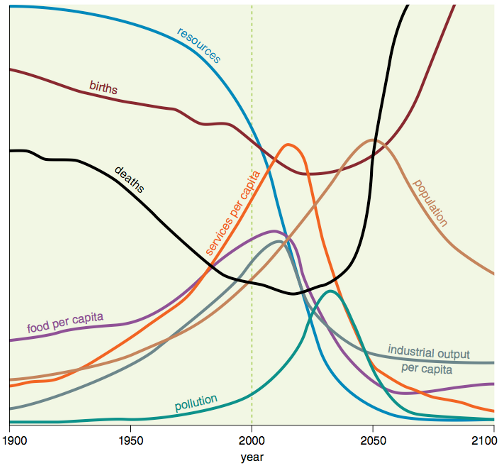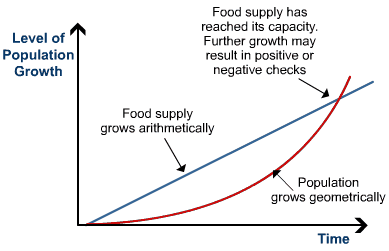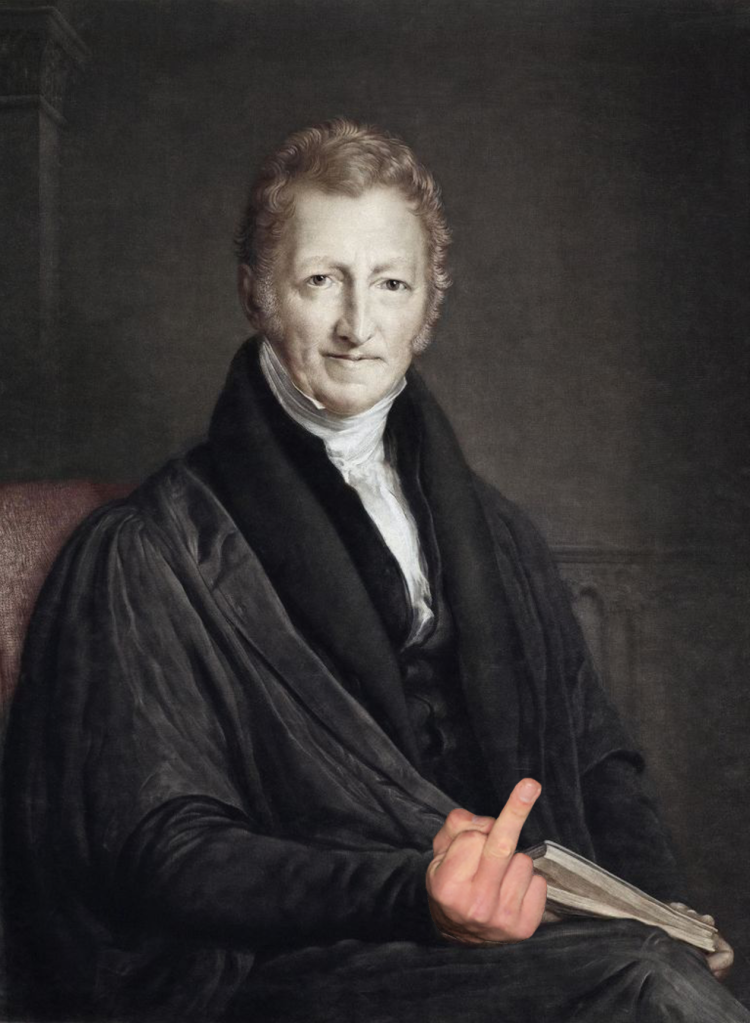The Neo-Malthusian theory, also known as the Population Bomb theory, is a belief that population growth is a major contributor to global problems such as poverty, resource depletion, and environmental degradation. It is based on the ideas of the 18th-century economist and demographer Thomas Malthus, who argued that population growth would eventually outpace food production and lead to widespread suffering.
The Neo-Malthusian theory was popularized in the 1960s and 1970s by environmentalists and population control advocates who argued that the world was facing an impending population crisis. They argued that the growing population was consuming resources at an unsustainable rate and would eventually lead to resource depletion and environmental destruction. To address this problem, they called for voluntary or mandatory measures to reduce population growth, such as access to birth control and education for women.
There are several criticisms of the Neo-Malthusian theory. One criticism is that it fails to take into account the technological and social advances that have allowed for increased food production and resource efficiency. For example, advances in agriculture and transportation have allowed for the efficient distribution of food, and improvements in energy efficiency have reduced resource consumption. Additionally, the Neo-Malthusian theory has been criticized for its emphasis on population control rather than addressing the root causes of poverty and inequality.
Despite these criticisms, the Neo-Malthusian theory continues to be a subject of debate and concern among policymakers and environmentalists. While it is true that population growth can contribute to resource depletion and environmental degradation, addressing these problems requires a more nuanced and holistic approach that takes into account the complex interplay of economic, social, and environmental factors.
In conclusion, the Neo-Malthusian theory is a belief that population growth is a major contributor to global problems such as poverty, resource depletion, and environmental degradation. While it has been criticized for its simplistic approach and failure to take into account technological and social advances, it remains a subject of debate and concern among policymakers and environmentalists. Ultimately, addressing global problems requires a more nuanced and holistic approach that addresses the root causes of these issues.








